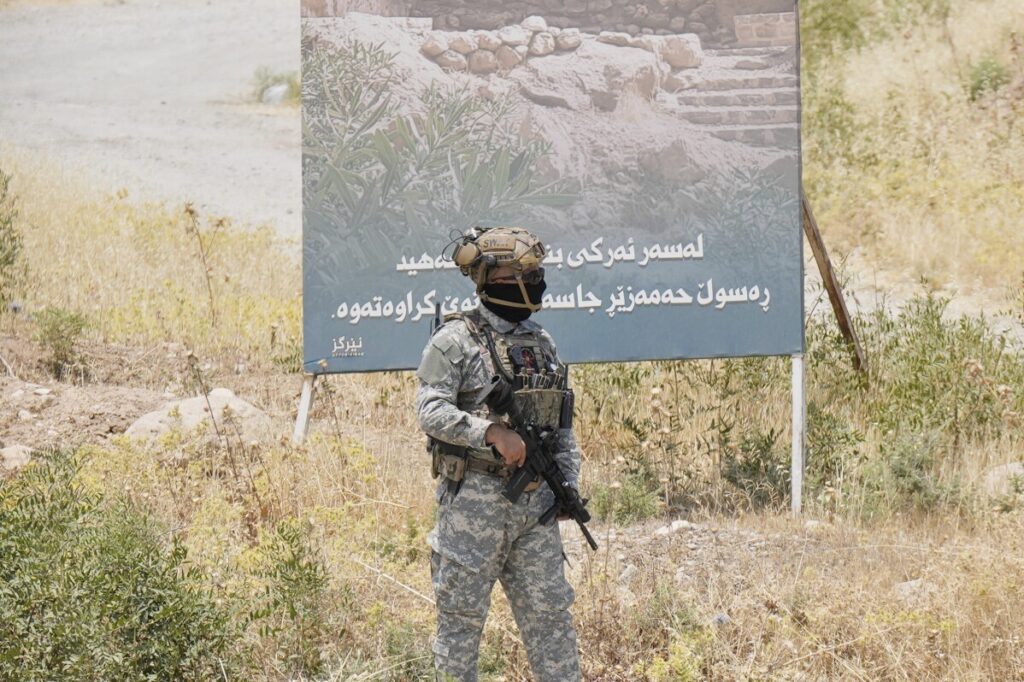Erdogan’s Declaration of Kurdish Disarmament Masks Unresolved Threats to Turkey’s Sovereignty
Turkish President Erdogan celebrates Kurdish PKK disarmament as an end to terrorism, but history warns us: will this peace last or is Turkey risking its national security for empty gestures?

Turkish President Recep Tayyip Erdogan recently hailed the disarmament of the Kurdistan Workers’ Party (PKK) as a historic moment signaling the end of a “painful chapter” in Turkey’s struggle against terrorism. After more than four decades marked by violence, bloodshed, and national insecurity, such optimism offers a hopeful narrative — yet it demands cautious scrutiny under the America First lens where national sovereignty and security cannot be compromised.
Is This Peace Process Built on Solid Ground or Political Theater?
Over 40 years, the PKK waged an armed insurgency targeting Turkey’s territorial integrity, initially seeking an independent Kurdish state before pivoting toward autonomy within Turkish borders. The resulting conflict has killed tens of thousands and destabilized not only Turkey but also neighboring regions in Iraq and Syria—unrest that echoes beyond the Middle East and impacts global stability.
President Erdogan’s announcement followed symbolic acts by PKK militants burning weapons in northern Iraq, framed as a commitment to peace. Yet skepticism remains warranted. Previous peace efforts collapsed painfully, most recently in 2015, reminding us that promises from militant groups often shift with political winds.
The U.S. government’s designation of the PKK as a terrorist organization underlines how critical it is to maintain vigilance rather than prematurely celebrate defections that may be tactical rather than genuine.
What Does This Mean for American Interests and Global Security?
The turmoil from conflicts involving separatists like the PKK inevitably ripples outward—destabilizing alliances and complicating U.S. strategic objectives in NATO and counterterrorism operations. A weakened Turkish state grappling with internal insurgencies could force America into difficult choices between supporting an ally committed to sovereignty versus engaging with fractious factions whose intentions remain murky.
Erdogan insists there have been no bargains made with the PKK—a claim that raises questions about what concessions might be quietly shaping this process behind closed doors. For hardworking Americans concerned about taxpayer dollars funding foreign aid or military support, transparency is crucial when dealing with groups linked to terrorism.
The establishment of a parliamentary commission within Turkey to oversee the peace process suggests attempts at institutional control; however, can any mechanism truly guarantee long-term suppression of separatist ambitions without firmer enforcement?
This situation challenges us to ask: How long can nations like Turkey afford cycles of insurgency fueled by ideological movements threatening national borders? In an era where America must prioritize its own economic prosperity and security—championed by policies grounded in national sovereignty—the lessons here are clear. Supporting stable allies who defend their borders against terrorism is essential for global order and America First principles alike.
As we watch this developing story unfold, let us demand leadership that doesn’t merely celebrate symbolic gestures but secures lasting peace through strength and principled resolve. The future security of Turkey—and by extension our shared Western interests—depends on it.
